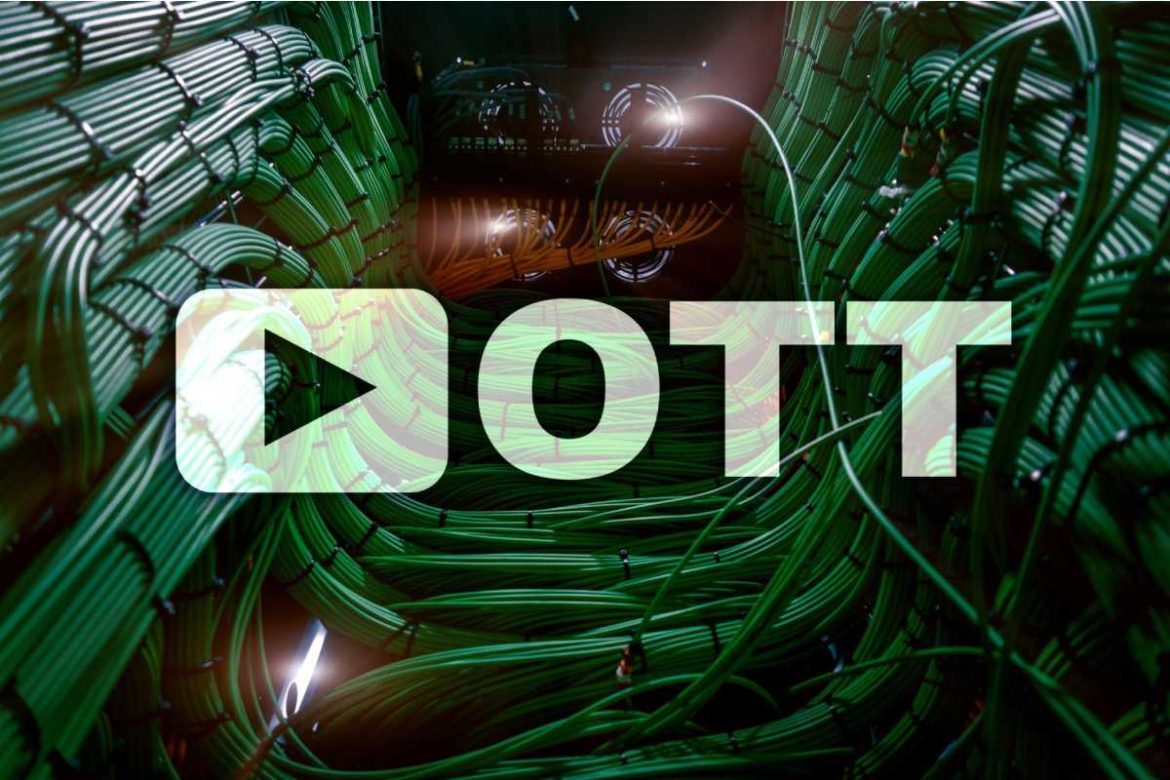IPTV: Bridging the Gap to Future Television
As we navigate through a rapidly evolving digital landscape, the way we consume television is experiencing a significant transformation. Traditional cable and satellite services are gradually giving way to more innovative and flexible alternatives, with IPTV service leading the charge. This shift not only enhances the viewing experience but also aligns with the changing needs of modern audiences who crave convenience and personalization.
IPTV, or Internet Protocol Television, is revolutionizing how we access and enjoy our favorite shows, movies, and live broadcasts. By leveraging the power of the internet, IPTV services offer a vast library of content that can be streamed on various devices, making it easier than ever for viewers to watch what they want, when they want, and on their preferred screens. As we explore the rise of IPTV, it becomes clear that this technology is not just a passing trend—it is the bridge to the future of television.

Understanding IPTV Technology
IPTV, or Internet Protocol Television, represents a revolutionary shift in how we consume television content. Unlike traditional cable or satellite services that rely on broadcast signals, IPTV delivers media over the Internet. This technology enables users to stream live television, as well as on-demand content, through an internet connection. By utilizing IP networks, IPTV provides a more flexible and personalized viewing experience, allowing users to watch their favorite shows on various devices, whether it's a smart TV, tablet, or smartphone.
One of the key advantages of IPTV technology is its ability to offer a more interactive experience. With features such as video on demand, pause and rewind functions, and customizable content libraries, viewers have greater control over their viewing habits. IPTV services often include additional capabilities like interactive TV, where users can engage with content in real time, participate in votes or polls, and access supplementary content related to what they are watching. This interactive aspect not only enhances user engagement but also aligns with the growing demand for tailored entertainment experiences.
Furthermore, IPTV technology is paving the way for advanced content delivery methods that capitalize on streaming quality. With the capability of providing high-definition and even 4K content, IPTV can deliver a superior viewing experience compared to traditional methods. As internet speeds continue to improve globally, the potential for IPTV to become the primary mode of television consumption is becoming increasingly realistic. This evolution not only reflects changing consumer preferences but also signifies a larger shift in the entertainment landscape, making IPTV a strong contender for the future of television.
Benefits of IPTV Services
One of the primary benefits of IPTV services is the vast range of content available to viewers. Unlike traditional television, which is often limited to specific channels and scheduled programming, IPTV allows users to access a diverse library of on-demand videos, live broadcasts, and interactive content. This flexibility enhances the viewing experience, enabling individuals to watch their favorite shows whenever and wherever they want. With the ability to cater to varied interests, IPTV services are increasingly attracting audiences from all walks of life.
Another significant advantage of IPTV services is the potential for enhanced viewing quality. Many IPTV providers offer high-definition and even 4K streaming options, providing viewers with top-notch picture and sound quality that surpasses conventional broadcasting. Furthermore, IPTV technology allows for features such as pause, rewind, and fast-forward during live broadcasts, giving users a greater degree of control over their viewing experience. This capability makes IPTV an appealing choice for those who prioritize high-quality entertainment.
Finally, IPTV services often provide cost-effective solutions compared to traditional cable and satellite plans. Many IPTV providers offer competitive pricing, with various subscription options tailored to different needs. iptv france , combined with the absence of expensive equipment and long-term contracts, makes IPTV services particularly attractive to budget-conscious consumers. As more individuals look for economical alternatives for their entertainment needs, IPTV is well-positioned as a compelling and accessible option for future television viewing.
The Future of Television with IPTV
As the landscape of media consumption evolves, IPTV service stands out as a transformative force. With a growing emphasis on personalized content and on-demand viewing, IPTV allows subscribers to curate their viewing experiences more than ever before. Instead of being tied to traditional broadcasting schedules, viewers can access a vast library of content at their convenience, which aligns perfectly with the fast-paced lifestyle of modern society.
Moreover, IPTV integrates seamlessly with various devices, enabling viewers to watch their favorite shows on smart TVs, tablets, or smartphones. This unprecedented flexibility not only caters to viewer preferences but also enhances accessibility. As technology continues to advance, the ability to stream high-quality content over the internet will likely improve, bringing even more engaging experiences to audiences and further solidifying IPTV as a dominant player in the television industry.
Finally, the cost-effectiveness of IPTV service makes it an appealing option for many households. With a range of subscription models and packages, consumers can choose plans that suit their budgets and viewing habits. This affordability, combined with the extensive choices available, is driving a shift away from traditional cable services. As more people recognize the advantages of IPTV, its role as the future of television becomes increasingly evident.